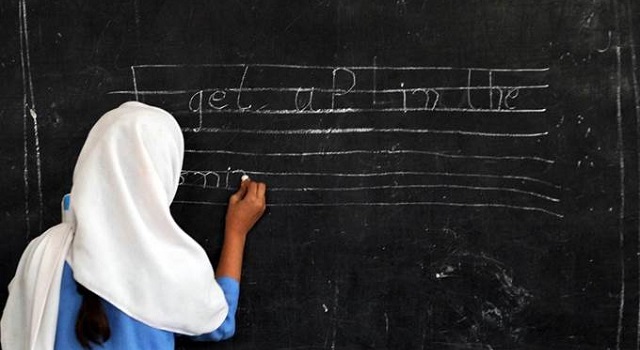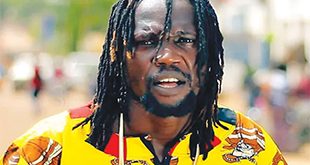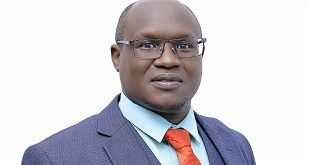
In new approach, aims to leverage countries’ investments with support from public and private donors
COMMENT | JAKAYA KIKWETE & NGOZI OKONJO-IWEALA | With 53 member countries and 2.4 billion people, the Commonwealth is a powerful force for positive change. For nearly seven decades, Commonwealth states have been global leaders on trade, female empowerment, natural-resource protection, and many other issues.
But as the Commonwealth moves to tackle new challenges in human development, its leadership is failing to place sufficient emphasis on the most important factor of all: education. Without a renewed commitment to this key building block of prosperity, progress on other goals will be elusive.
Today, some 140 million children in the Commonwealth are not in school. According to a recent UNESCO report, the situation is most dire in the poorest Commonwealth countries. In Pakistan, for example, nearly 20 million children are not enrolled in formal education, while seven million are out of school in Bangladesh, 2.3 million in Mozambique, 1.8 million in Ghana, and 1.6 million in Cameroon.
The situation is particularly worrisome in Nigeria, where nearly nine million primary-school-age children are not enrolled, and millions more – especially girls – are denied access to secondary education. Educational opportunities are also highly unevenly distributed between the richest and poorest Commonwealth countries, while gender discrimination plagues many states.
If current trends continue, by the year 2030 – the deadline for meeting the 17 United Nations Sustainable Development Goals – more than 70% of children in Commonwealth countries will be failing reading and math. This would represent more than half of the total number of young people expected to lack the skills needed to succeed in the twenty-first-century job market.
When a child doesn’t attend school, their absence perpetuates the cycle of poverty in families, communities, and countries. The Commonwealth’s leaders cannot afford to fail their countries’ young people by failing to invest in education.
The good news is that educational opportunities could be delivered effectively, and at low cost, to a majority of those currently excluded. In fact, most children living in developing Commonwealth countries could benefit from an innovative solution designed by the International Commission on Financing Global Education Opportunity, where we serve as commissioners. The approach, called the International Finance Facility for Education (IFFEd), aims to leverage countries’ own investments in education with support from public and private donors.
The IFFEd program, which was acknowledged by the G20 last year, would secure financial guarantees from donors in Australia, Canada, New Zealand, the United Kingdom, and elsewhere to increase the lending capacities of multilateral development banks in Africa and Asia. For every $1 in guarantees, as much as $5 is made available for spending on education. Several multilateral development banks have already recognized the value of this mechanism and are working with the commission to develop the facility further.
To maximize the impact of this financing strategy, IFFEd will favour countries that have committed to educational reforms and are able to monitor and track results. Our aim is to leverage an initial $2 billion in guaranteed funding during the first funding cycle.
We believe that this mechanism could help as many as 16 disadvantaged Commonwealth countries improve educational opportunities for millions of young people – especially marginalized girls. The additional financing would complement domestic resources, bilateral aid, and multilateral grants that are already available through programs like the Global Partnership for Education.
Bold action is needed if the Commonwealth’s educational shortcomings are to be solved. That is why we are urging Commonwealth leaders to support the IFFEd when they gather in London later this month for their biennial Heads of Government Meeting. With an agenda focused on building prosperity, democracy, and peace, the Commonwealth is clearly committed to a stronger, more “common future.” And the fastest way to achieve its goals is by making education a top priority in every member state.
“If we are to reach real peace in this world,” Mahatma Gandhi said in 1931, nearly two decades before the Commonwealth was established, “we shall have to begin with the children.” His words are no less prescient today; in a world that seems increasingly prone to domestic and international conflict, there is no time to waste when it comes to investing in education.
*****
Jakaya Kikwete is a former president of Tanzania. Ngozi Okonjo-Iweala, a former minister of finance of Nigeria, is Chair of Gavi, the Vaccine Alliance.
Copyright: Project Syndicate, 2018.
 The Independent Uganda: You get the Truth we Pay the Price
The Independent Uganda: You get the Truth we Pay the Price


